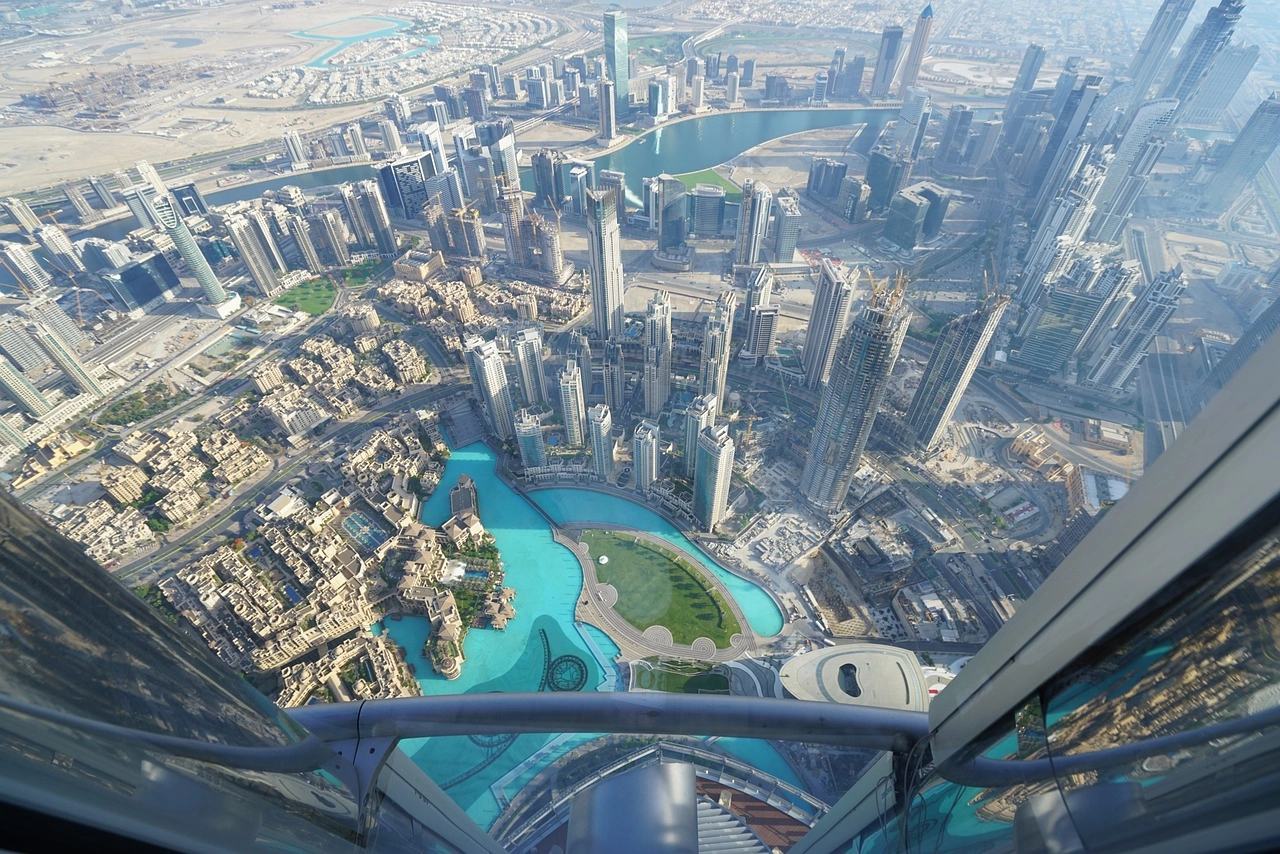10 etiquette tips for those doing business in the UAE
 Table of contents
Table of contents
The United Arab Emirates (UAE) is a country consisting of seven small city-states, which include Dubai and Abu Dhabi. To successfully conduct business in this market, it is important to understand its cultural characteristics. Business Development Director of Glint Innovation Kuatar El Hilaly and General Manager of Starmedix Inc. Ajit Pal, who worked a lot in the UAE, spoke about the intricacies of such cooperation.

Maintain business relationships
According to El Hilaly, clients from the UAE need a special approach. “You need to continue personal meetings even after signing a contract. We hired a local woman to meet with clients. We introduced her to all our products, but they still wanted to see us.” El Hilaly adds that public sector clients are “particularly demanding.”
Be aware of the language barrier
If there is a person on the team who speaks Arabic, this gives a great advantage. Especially in the public sector, where El Hilaly estimates that 80% of employees speak very little English. However, in a private setting, a team that speaks only English will probably suffice.
Be patient
It will take quite a long time to conclude a deal in the UAE. According to El Hilaly, this is due to the length of the approval period. Sometimes she had to wait for three years to complete a deal. She notes that receiving payments from government clients also takes a long time, and that should be taken into account.
Choose places for business meetings
The first meeting usually takes place in the potential client's conference rooms and offices or at the hotel where you are staying. To make an impression, El Hilaly says, clients can be invited to a hotel, for example, for a second meeting, which often has beautiful lobbies and meeting rooms. Pal agrees: “When the relationship is established and both parties are happy, then sometimes it will be possible to visit restaurants.”
Talk your time
Punctuality is important, but, as Pal says, it is not always the answer. A colleague from the UAE may keep you waiting, but will not appreciate it if you are late. El Hilaly adds that civil servants are often 15-30 minutes late.
Don't give up coffee
During business meetings in the UAE, people are often treated to Arabic coffee. It is a very strong and bitter drink, sometimes flavored with cardamom and served in handleless cups. Refusal to drink it (unless there is a medical reason for doing so) may be regarded as an insult.
Note. The waiter will continue to refill the coffee if you are not holding the cup in your hand. It sounds counterintuitive, but to politely inform the waiter that you won’t need a refill, just shake the empty cup in front of him.
Be prepared to bargain
According to Pal, despite the fact that it is a rich country, there is a lot of trading in the UAE. “They expect reasonable prices and prepare well,” — he says. El Hilaly adds: to stand out from competitors and simplify the government procurement process, you need to have a unique product. Otherwise, you should offer customers three cost options, and they will choose the cheapest one.
Follow the dress code
UAE — a Muslim country demanding a conservative style. El Hilaly and Pal believe that a business suit — the best option for both women and men. At the same time, El Hilaly adds that short-sleeved clothing is acceptable for women.
In addition, the weather should also be taken into account. The UAE is warm all year round, and from May it is also very humid. Western men often wear a T-shirt between meetings and then don a clean shirt and jacket before entering yet another air-conditioned building. Some even take a spare shirt with them.
“You will sweat a lot,” — states El Hilaly. This is completely normal: clients will recognize that you come from a much cooler climate and may often suggest taking off your jacket during the meeting.
Don't shake hands
In the UAE, it is better to avoid shaking hands unless the other person suggests it. In general, it is considered acceptable for a man to shake a man's hand and a woman to — woman.
Download WhatsApp
This messenger is widely used for business purposes in the UAE. El Hilaly says clients can even send documents and screenshots through it.



 Other topics:
Other topics:
 REAB Services
REAB Services

 News
News
 Useful tip
Useful tip

